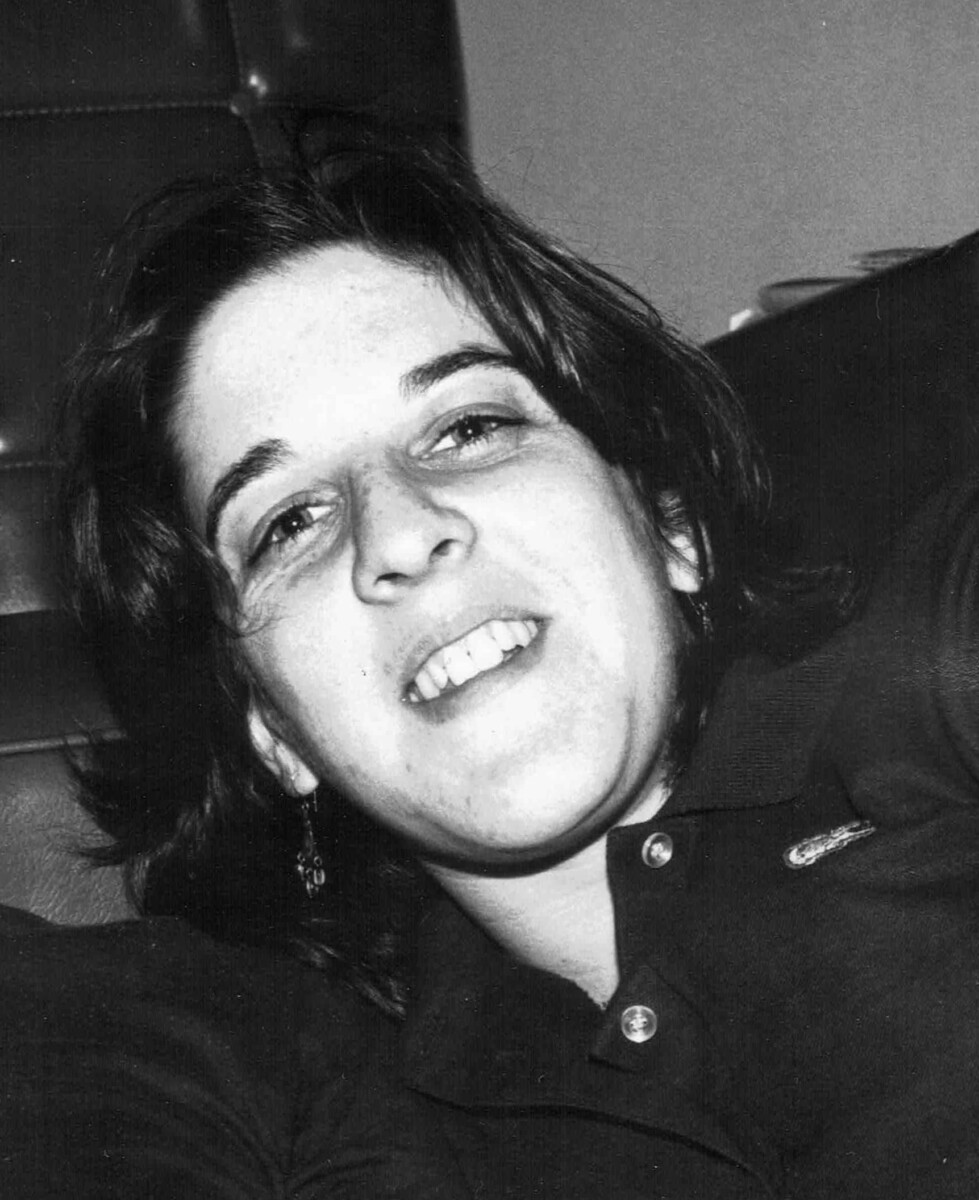1. What was a significant location on campus for you? Why?
C Floor in Firestone. That’s where my thesis carrel was and to me it’s the beating heart of Princeton. I still go back when I start a new writing project. Even though there are now multitudes of electronic sources available, there’s nothing like searching the stacks and paging through documents from the 1890s or 1920s or other times in the past. To a history major, and now the author of books on history, that’s gold.
2. What was a defining (or pivotal) moment of your life?
It’s really tough to pinpoint a single defining moment. My mother says the defining moment of my life was getting into Princeton, and I guess that was one of them. Two others would be the publication of my first book, A Whole New Ballgame, in 1993, and my role as the main caregiver for my partner during her 10½-year battle with ovarian cancer (2006-2017). I learned an awful lot about life and death and myself during that time.
3. How did your personal identity shape your Princeton experience?
I feel that this question is backwards. It should be, “How did your Princeton experience shape your personal identity?” At Princeton I came to embrace three parts of my identity: first as a Jew, then as a woman, then as a lesbian. As a freshman I joined Stevenson’s Kosher kitchen in an attempt to find familiarity in Princeton’s overwhelmingly WASP environment. That helped me learn more about Judaism (I was raised Secular Conservative and not Kosher) and decide what to embrace. (I gave up being Kosher toward the end of my senior year.) As a sophomore I joined the Women’s Center and as a junior I took women’s studies courses and decided to write my senior thesis on a topic in women’s history. I found feminism in the very male environment of Princeton in the 1970s. And through my friends and coursework, I was able to identify an attraction to women for which I’d previously had no context. This was before the Internet, when alternate sexualities were very much in the closet. So my Princeton experience did indeed shape my identity as a woman, a lesbian, and a Jew.

4. If you could relive your time at Princeton, what would you do differently?
Every decision I made at Princeton led to the person I am today. Sure, I would have saved some time had I not started out as a politics major before switching to history, but learning how to regroup was a useful skill. And I probably wouldn’t take a 400-level course the first semester of my freshman year, but surviving the oral final for that course taught me how to scramble in tough situations. So basically, I wouldn’t do anything differently.
5. What part of your life are you most proud of?
I’m most proud of my career as an author focusing on women’s sports history—something I first researched as a student at Princeton. I was one of the first people writing books on the subject for children and young adults—helping to document the achievements of strong women and giving kids a whole host of new female role models.
